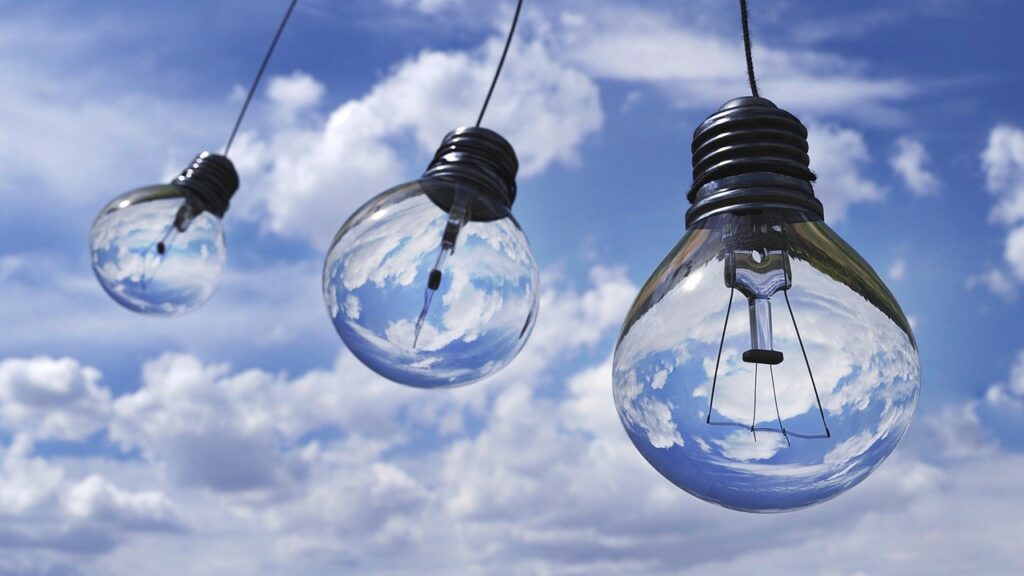Nine EU coastal states have signed a declaration which commits them to supplying 10 per cent of the EU’s energy needs by 2050. That’s 28 years from now. The present output of EU offshore wind is 28 Gigawatts (28GW).
Ireland committed to a target of 7GW by 2030 but Eamon Ryan, the Green Party leader and Minister for the Environment, Climate, Communications and Transport stated that this target would be “challenging”. What does “challenging” mean? Difficult to achieve? Likely to be achieved? Unlikely to be achieved?
One million electric cars by 2030 was probably “challenging” too – but few now believe it will be achieved. The afforestation targets for 2030 were also probably “challenging” and they won’t be achieved. Reduction of carbon emissions by 51 per cent in 2030 was a “challenging” commitment but few believe that Ireland will manage anything like that.
The regulatory structures for offshore deep-water wind farms are only expected to become operational in March 2023. We have not developed the necessary deep-water facilities for the installation, maintenance and repair of offshore deep-water wind turbine farms.
Yes, there are projects for offshore deep-water wind turbine farms in gestation, but none has yet been approved. Shallow-water wind farms already built or planned in the Irish Sea are not yet supplying energy to the national grid.
As I have written here, we will require gas-generated electricity for the next 30 years, in the absence of nuclear energy. Even with electricity interconnection to France, we are extremely vulnerable to gas shortages and interruptions.
Gas provides 52 per cent of our electricity. Some 70 per cent of that gas is imported onto the island of Ireland through two pipelines both of which start at the same gas interconnector, Moffat, in Scotland. A cyberattack, a major explosion or a terrorist attack at that hub would close Ireland down.
When the UK was part of the EU, there was an energy security protocol which obliged Britain to treat Ireland equally in the event of a gas shortage. While the single electricity market in Ireland is of some value in terms of security of supply, we rely on the word of the British government to ensure equal treatment.
In the absence of further development of Irish offshore gas fields (something which Ryan has set his face against for some inexplicable reason) and in the absence of liquid natural gas (LNG) terminals and storage facilities, we are fated to be dependent on onward transmission of UK and Norwegian gas for the next 30 years. We have legislated ourselves into a corner of complete energy dependence.
The Minister, we are told, has commissioned, and will shortly receive a consultancy study on “energy storage options” including gas storage and battery storage. With the greatest of respect, our position is more parlous than the commissioning of consultancy studies on options suggests.
His department should have done this work years ago. The vehemence of his opposition to the proposed Shannon estuary LNG terminal and storage project is matched only by the lethargy of his department in failing to address this critical problem for years. He informed this paper that the State rather than private companies would probably “manage” any gas storage facilities. Is that government policy? Or is it a smokescreen behind which to escape his opposition to LNG gas storage construction in the first place?
Which energy minister warned us back in October 2007 in relation to Ireland’s 85 per cent dependence on imported gas and oil? “This reliance on imported fuels from areas of the world that are geopolitically volatile contributes to price instability and vulnerability in Ireland. New domestic sources of oil and gas would ease this pressure.” It was Eamon Ryan.
He also said that “Ireland’s oil and gas is a resource of the people. I want to ensure that our waters are fully explored and also that we get a proper return to the State.” (Irish Times, October 7th, 2007).
This paper’s editorial commented on Russia’s then use of gas, and Gazprom threats to cut off supplies to Ukraine. (October 9th, 2007) and the need for domestic energy security and exploration.
So, any suggestion that Ireland was taken completely by surprise by the recent energy crisis and Russia’s turning of the screw needs to look at the record. It was foreseen in outline. But little or nothing was done.
Delay is one thing. But wrong-headed refusal to confront realities and wrong-headed legislation to close off storage and exploration options is another thing altogether.
We are very vulnerable. Shorter morning showers and turned-down thermostats in the home and elsewhere may help a little. But an increasing population and an increasing demand for electricity for data centres, transport and non-fossil-fuel home heating, coupled with the need to keep our economy moving in all sectors, demands a different “hands on” approach.
The real world does not operate on the “Let there be light” basis of the Book of Genesis.

